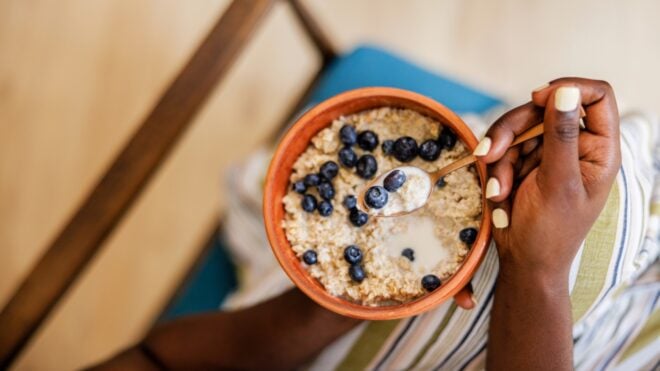Most people believe that their bathroom habits are best kept private.
However, paying attention to these bathroom trips can be extremely revealing, especially when it comes to your health.
Many people suffer from nocturia, where they frequently wake up in the middle of the night to use the bathroom. And while there is certainly nothing uncommon about needing to urinate at night, a frequent need may be a sign that something much larger is going on.
This exclusive look at the reasons why you may be making multiple trips to the bathroom was quite surprising. I had never heard about most of these potential causes. After all, who knew that nighttime urination could be a sign of diabetes or even prostate problems?
Identifying a serious underlying issue makes it very important to speak to your doctor if you are a nocturia sufferer. But fortunately, for those whose urination isn't all that serious, there are a few easy tips and tricks for cutting back on these nighttime trips.
Keep scrolling through below to see why you may have to pee in the middle of the night, and what exactly you can do about it!
What Is Nocturia?
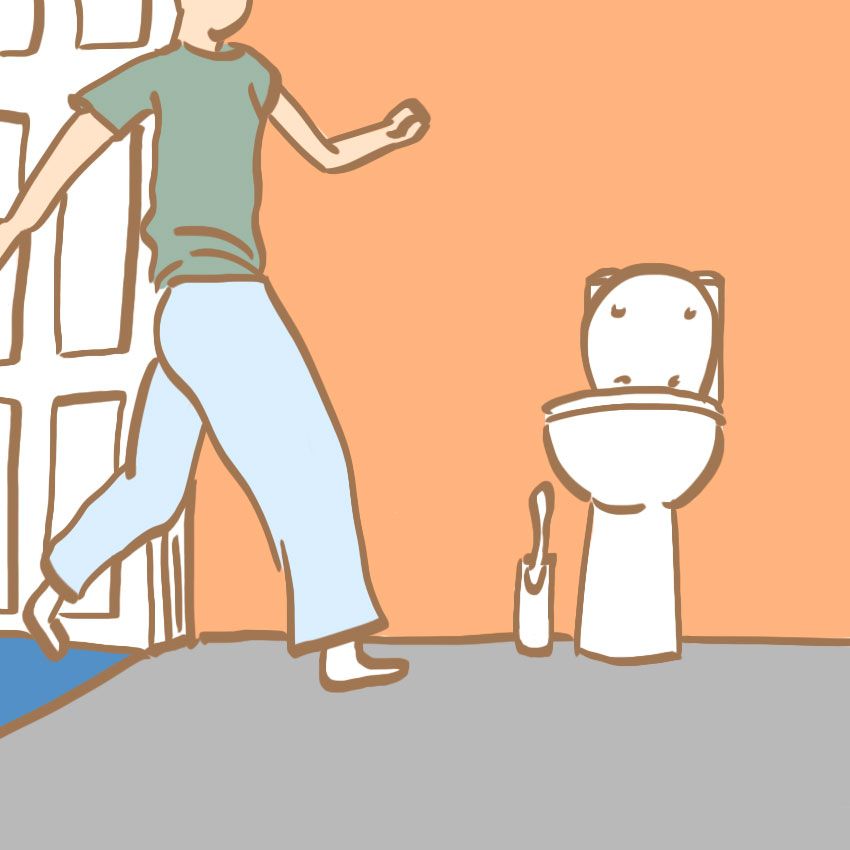
Nearly everybody has had to urinate in the middle of the night at some point or another.
But for some, these nighttime trips to the bathroom can be much more serious.
BJU International writes, "Nocturia is currently defined by the International Continence Society as the complaint that an individual has to wake at night one or more times to void."
This condition is not often talked about, but can be a sign of something serious going on with the body.
Keep scrolling below for a look at the potential causes of nocturia, and what you can do to stop it!
What Causes Nocturia? Cause #1: Too Much Fluid
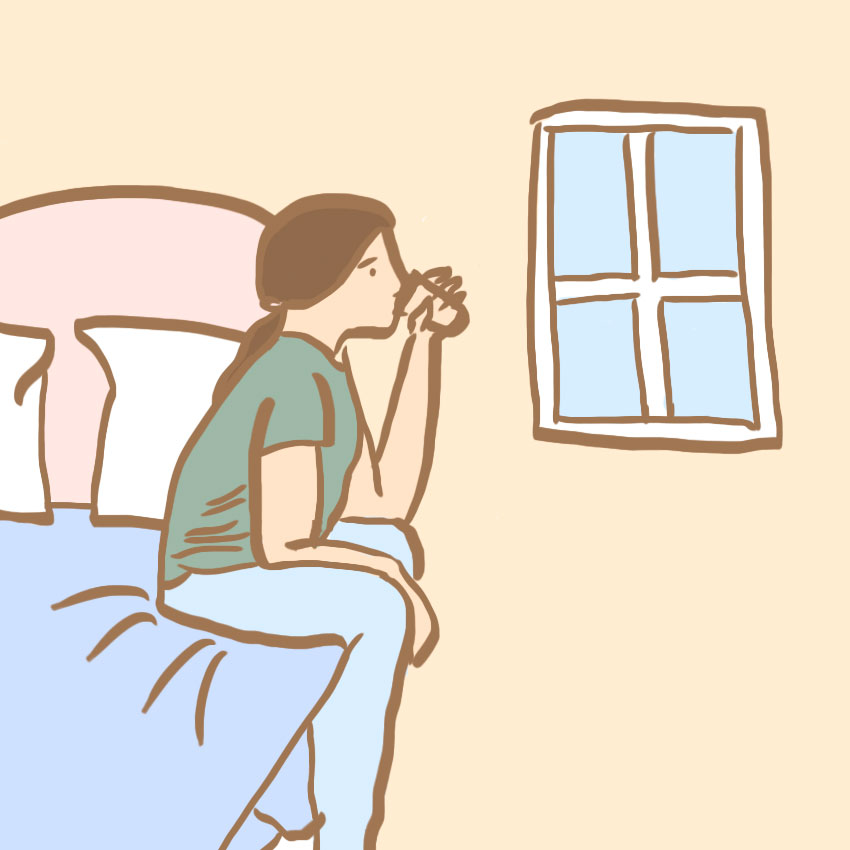
The easy and obvious cause of nocturia is the consumption of too many fluids too late in the day.
Good Housekeeping lists "drinking too much before bed" as a main cause.
It might seem obvious, but many people don't realize just how early in the day they need to stop drinking fluids in order to stop their nighttime bathroom trips.
Cause #2: Diabetes
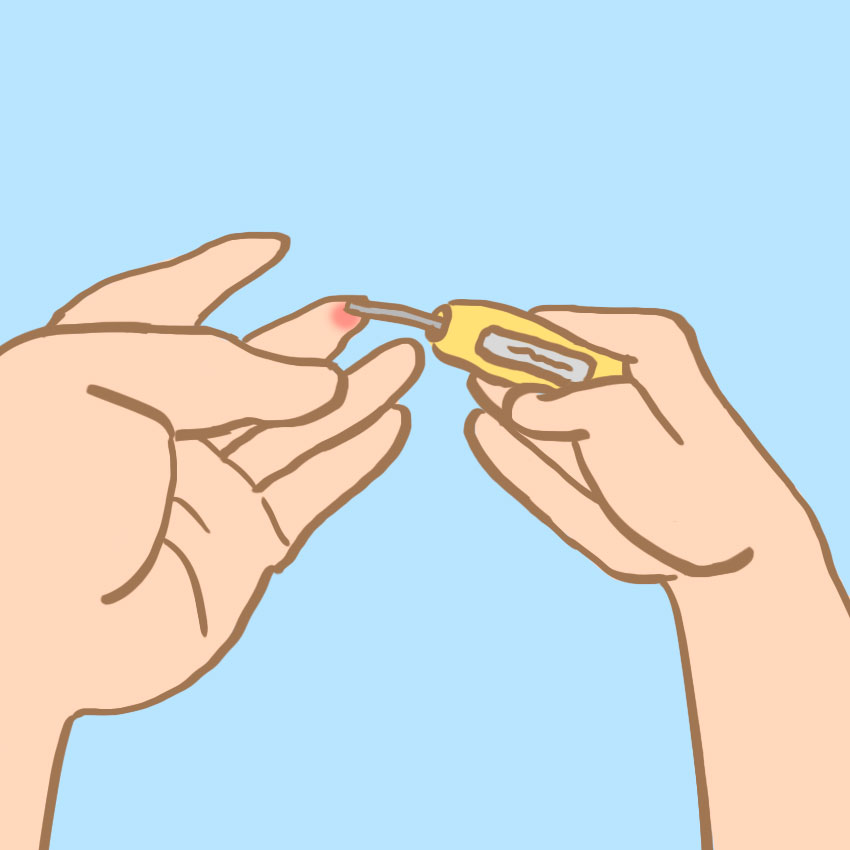
Beyond just drinking too much, frequent nighttime urination could be a sign of diabetes.
According to Van Winkle's, "It can also be a symptom of more serious conditions like diabetes.
"Diabetes makes you have to pee a lot because the excess sugar that doesn't get absorbed by your kidneys ends up in your urine and draws extra water, thereby increasing your need to pee."
Cause #3: Heart Failure
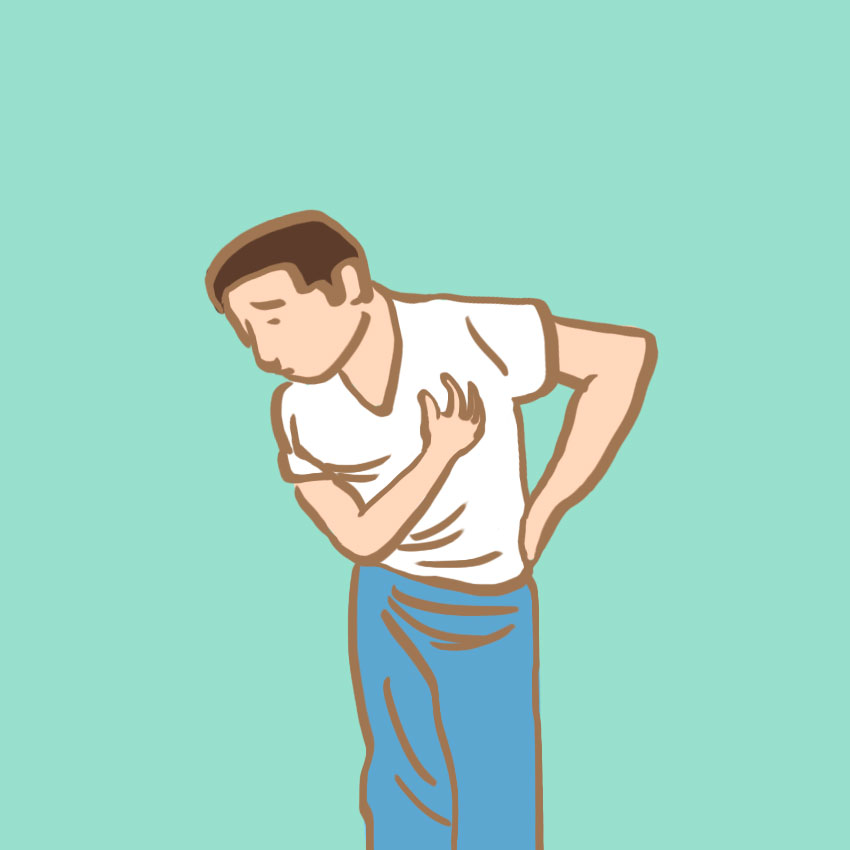
Heart troubles such as congestive heart failure may manifest themselves in constant evening bathroom visits.
According to Everyday Health, for those with congestive heart failure, "during the day, fluid accumulates in the legs due to gravity and the heart's inability to pump normally.
"When we lie down at night, this fluid, without the influence of gravity, reenters the blood stream and causes an increase in urine production."
Cause #4: Overactive Bladder
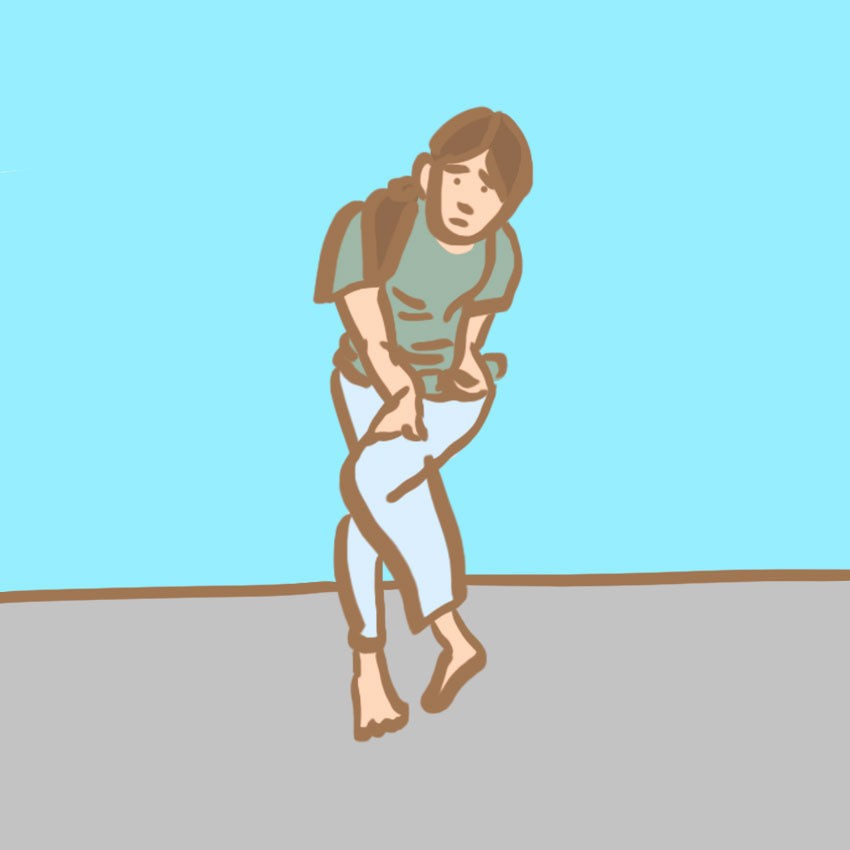
It might sound like nocturia and an overactive bladder are the same thing, but an overactive bladder can actually have many serious and surprising causes which can lead to nocturia.
The Cleveland Clinic writes, "Frequent urination also can be a symptom of an overactive bladder, a common, easily treated condition that could be caused by several problems, including nerve damage, medications, infections, being overweight, and estrogen deficiency."
Cause #5: Sleep Apnea
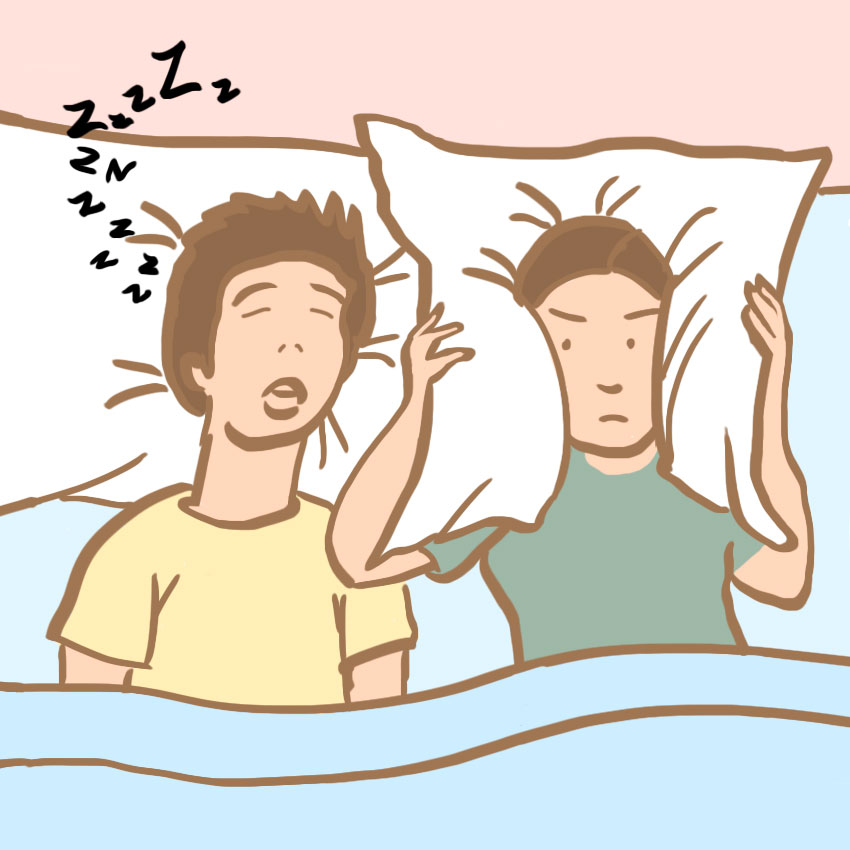
Obstructive sleep apnea (or OSA) might actually be causing your excessive need to urinate.
According to SleepApnea.com, "Snoring often is a sign that a person has OSA. But sleep experts caution it's not the only indicator.
"The amount of times you visit the bathroom also could be a sign you have OSA…. Getting control over OSA can reduce the number of nighttime trips to the bathroom."
Cause #6: Pregnancy
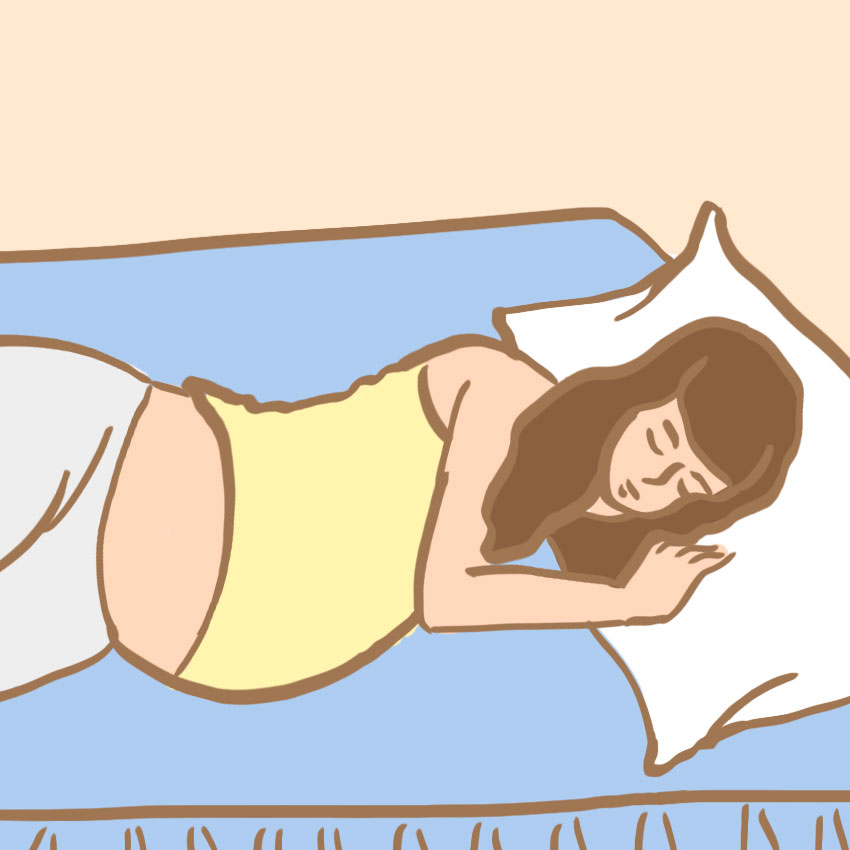
If you are suddenly making unexplained frequent trips to the bathroom, it may be that you are pregnant.
Sleep.org writes, "Regularly waking up to use the bathroom is often a sign of early pregnancy.
"Post-pregnancy, frequent urination can signify bladder prolapse and pelvic organ prolapse, which places extra pressure on the urinary tract, hence the need to pee."
Cause #7: Prostate Problems
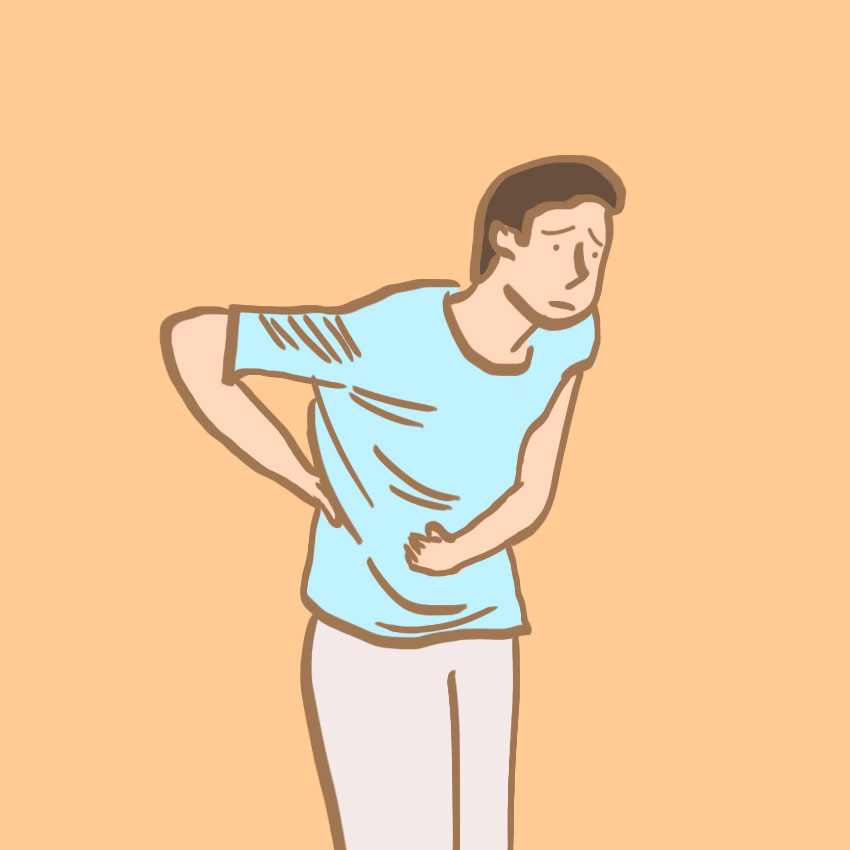
While there can be many harmless causes of your nighttime urination, prostate troubles can be some of the more serious possibilities.
According to Sleep.org, "Men suffering from prostate cancer or an enlarged prostate can have difficulty holding in urine."
Did any of these potential nocturia causes surprise you? Keep scrolling to see what you can do about these constant bathroom trips.
What Can You Do About Nocturia? Tip #1: Do Your Kegels
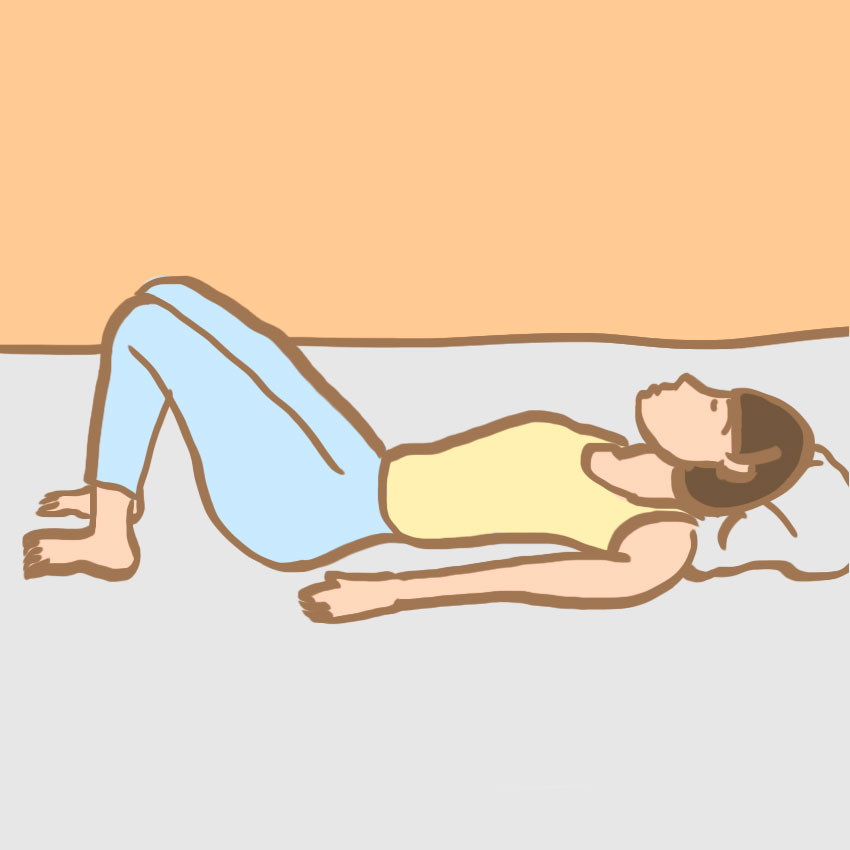
One suggested way to combat nocturia is through the use of Kegel exercises.
These simple muscle contractions can help to strengthen the muscles responsible for urination.
According to Livestrong, "Engage the muscles of your pelvic floor in the same way you would if you were trying to stop your urine flow midstream."
They recommend holding the contraction for 10 seconds and then releasing it for 10 seconds, performing a full set of 10 Kegels.
Tip #2: Cut Out Caffeine And Alcohol
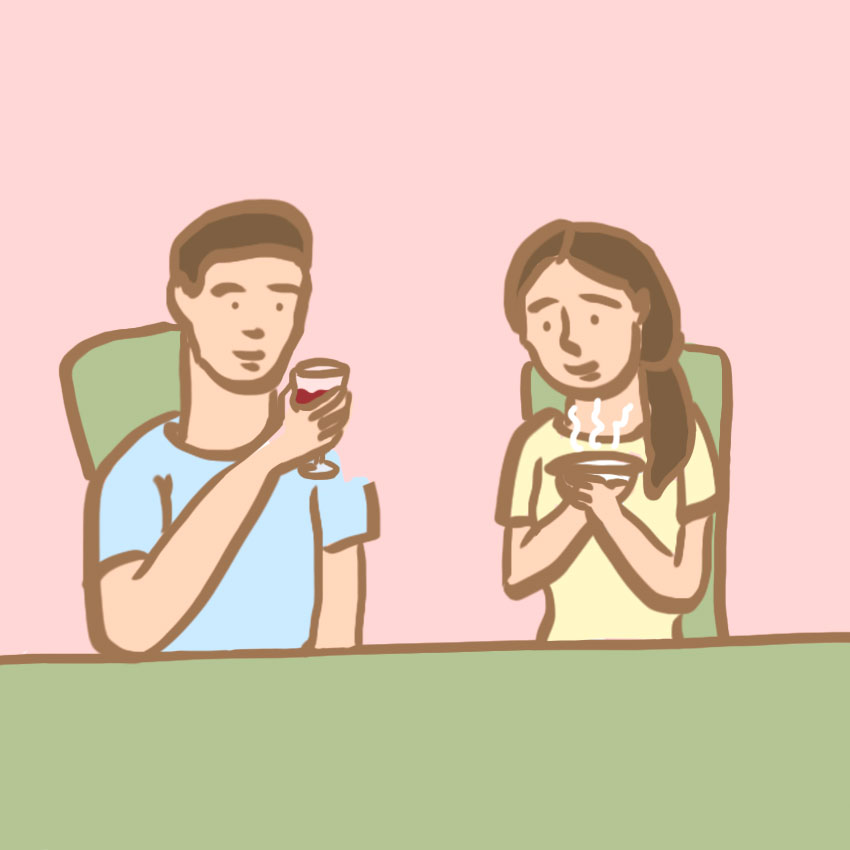
Not only is the quantity of fluid important to monitor before bedtime, but the type of liquid is important too.
According to Healthline, "Alcohol and caffeinated beverages are diuretics, which means that drinking them causes your body to produce more urine.
"Consuming either alcohol or caffeinated beverages in excess can lead to waking up and needing to urinate at night."
Tip #3: Keep A Drink Diary
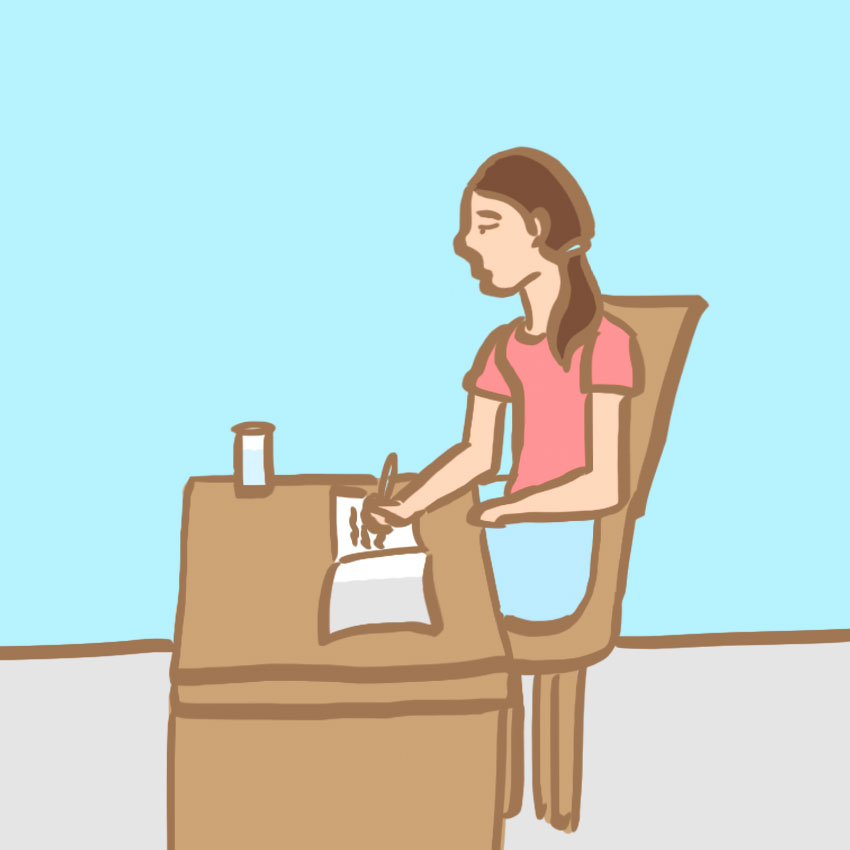
Part of figuring out your bathroom habits involves paying attention to what you put in your body and how your bladder responds.
Good Housekeeping suggests, "Start a drink diary, and note down when and what you drink for a week to highlight any patterns."
Tip #4: Avoid Fragrant Feminine Wipes
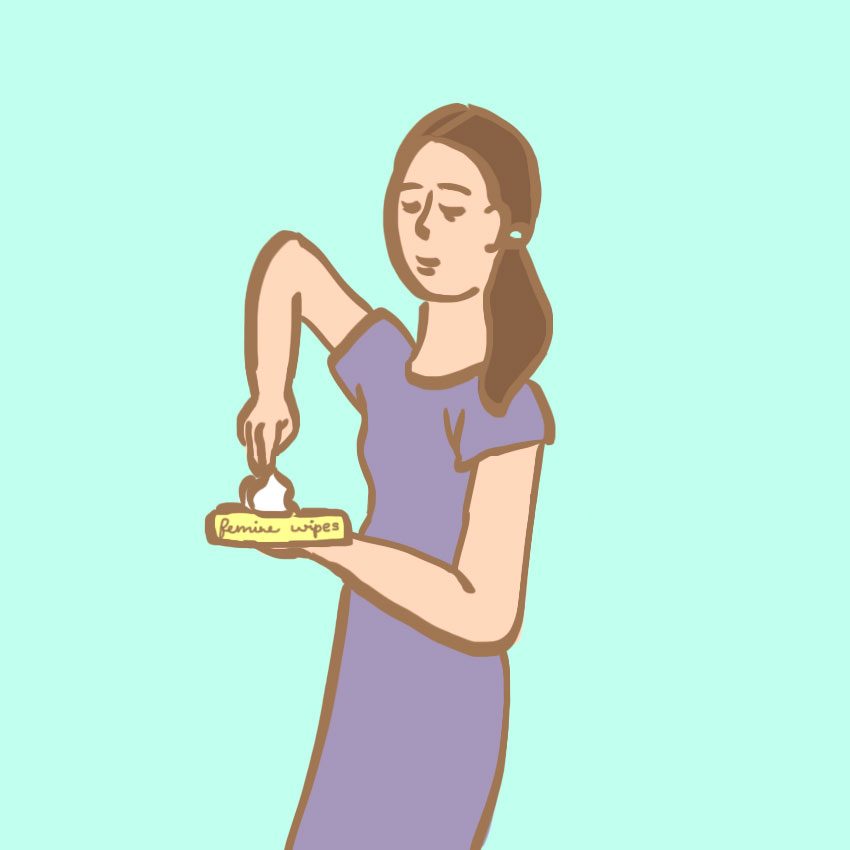
For women who use feminine wipes, you should switch to the non-fragrant type if you are suffering from nocturia.
Prevention writes, "Avoid feminine wipes that have fragrance, which can irritate the urethra."
Tip #5: Visit Your Doctor
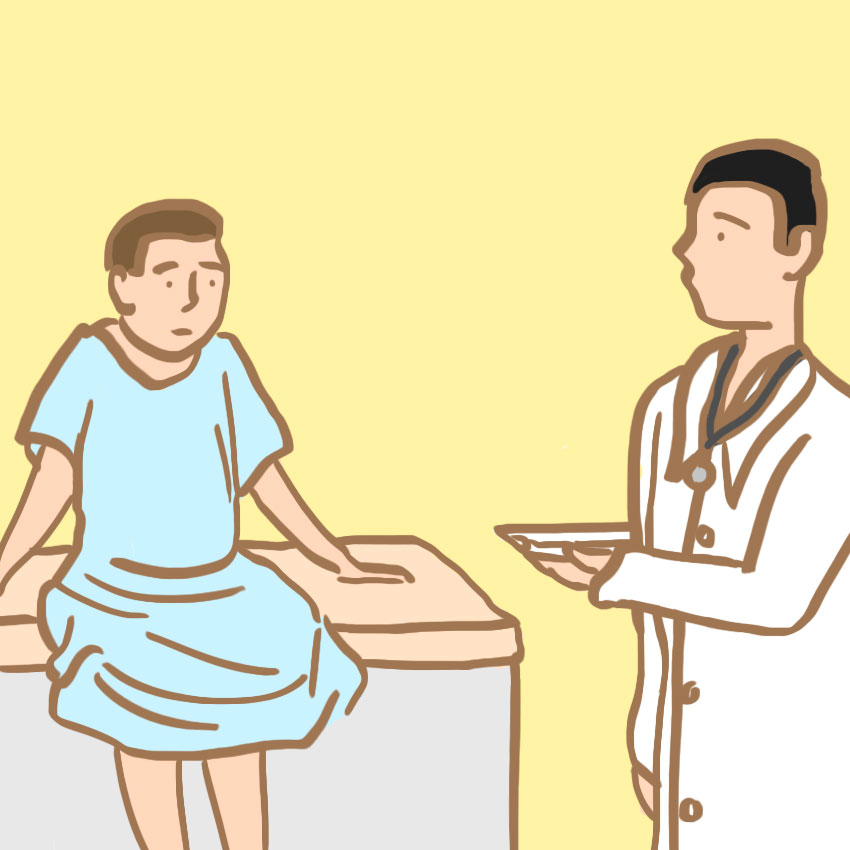
Perhaps the most important way to deal with your nocturia is to visit your doctor.
Your doctor can help determine if something serious (like diabetes) is going on, or if you can just use a simple technique (like Kegels) to address the problem.
Many times, doctors will be able to spot the true root of the problem, as nocturia is only a symptom of something else occurring within the body!
Frequent nighttime urination can be a nuisance, but it can also be a sign of something much more serious.
Knowing these potential causes and tips for dealing with nocturia may just help you put a stop to those late-night bathroom trips!
What other tips have you used to battle nocturia? Let us know in the comments.
Please SHARE this helpful health information with friends and family!



